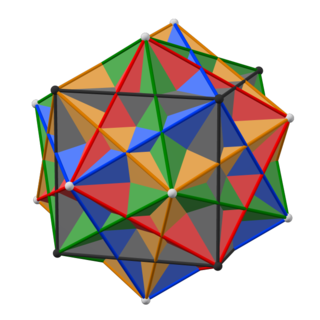Related Research Articles
32 (thirty-two) is the natural number following 31 and preceding 33.
31 (thirty-one) is the natural number following 30 and preceding 32. It is a prime number.
58 (fifty-eight) is the natural number following 57 and preceding 59.
114 is the natural number following 113 and preceding 115.
1000 or one thousand is the natural number following 999 and preceding 1001. In most English-speaking countries, it can be written with or without a comma or sometimes a period separating the thousands digit: 1,000.
300 is the natural number following 299 and preceding 301.

360 is the natural number following 359 and preceding 361.
400 is the natural number following 399 and preceding 401.
500 is the natural number following 499 and preceding 501.
700 is the natural number following 699 and preceding 701.
600 is the natural number following 599 and preceding 601.
800 is the natural number following 799 and preceding 801.
900 is the natural number following 899 and preceding 901. It is the square of 30 and the sum of Euler's totient function for the first 54 positive integers. In base 10, it is a Harshad number. It is also the first number to be the square of a sphenic number.
2000 is a natural number following 1999 and preceding 2001.
126 is the natural number following 125 and preceding 127.
8000 is the natural number following 7999 and preceding 8001.

1,000,000, or one thousand thousand, is the natural number following 999,999 and preceding 1,000,001. The word is derived from the early Italian millione, from mille, "thousand", plus the augmentative suffix -one.
252 is the natural number following 251 and preceding 253.
353 is the natural number following 352 and preceding 354. It is a prime number.
219 is the natural number following 218 and preceding 220.
References
- ↑ Sloane, N. J. A. (ed.). "SequenceA051400(Smallest value of x such that M(x)=n, where M() is Mertens's function)". The On-Line Encyclopedia of Integer Sequences . OEIS Foundation.
- ↑ Sloane, N. J. A. (ed.). "SequenceA058763(Integers which are neither totient nor cototient)". The On-Line Encyclopedia of Integer Sequences . OEIS Foundation.
- ↑ Sloane, N. J. A. (ed.). "SequenceA000371". The On-Line Encyclopedia of Integer Sequences . OEIS Foundation. Retrieved 2022-05-10.
- ↑ Sloane, N. J. A. (ed.). "SequenceA005897". The On-Line Encyclopedia of Integer Sequences . OEIS Foundation.